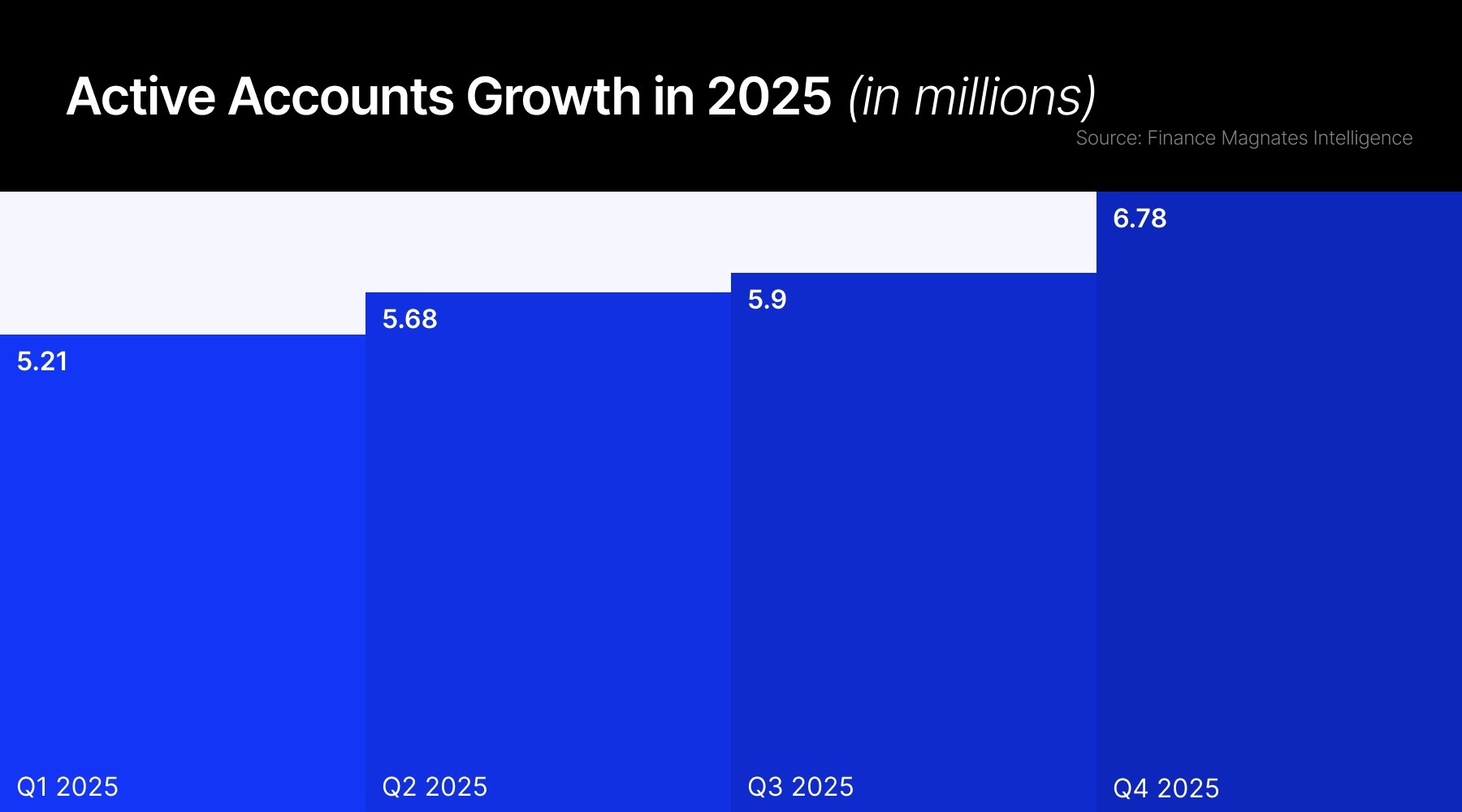United States, Britain, and European Union member states will sign the world's first legally binding international treaty on artificial intelligence, Reuters reported. The treaty, developed over years of negotiations, aims to address the risks posed by AI while promoting responsible innovation.
Treaty Addressing AI Impact
The AI Convention, adopted in May, is the result of discussions among 57 nations spearheaded by the Council of Europe, a human rights organization. This agreement is focused on protecting the human rights of those affected by AI systems and ensuring that technological progress does not come at the expense of fundamental values like human rights and the rule of law.
While the treaty may share similar goals with the European Union's recently enacted AI Act, it is distinct in scope and application. The EU's AI Act, which came into force last month, focuses on regulating AI systems within the EU's internal market.
In contrast, the AI Convention is open to a broader group of countries and emphasizes human rights. The Council of Europe, formed in 1949 to safeguard human rights, initiated discussions on the feasibility of such a treaty in 2019.
What's Next for AI Regulation?
By 2022, the Committee on Artificial Intelligence was established to draft and negotiate the text that would form the basis of the Convention. Signatories to the treaty will have the flexibility to adopt their own legislative and administrative measures to implement its provisions.
The UK government has stated that it will work with regulators, local authorities, and devolved administrations to ensure the new requirements are properly executed. However, how countries handle the balance between AI innovation and regulation will likely differ, leading to varying levels of enforcement across jurisdictions.
Interestingly, global technology giants are moving swiftly to reap the benefits of AI. These include Microsoft's AI investment, Apple's integration, and Meta's metaverse ambition, illustrating the adoption of the new technology.
However, each of these tech giants faces the challenges and benefits that come with the AI technology, Finance Magnates recently analyzed. For instance, Microsoft's recent quarterly earnings showed that despite impressive revenue figures, the tech giant profits were negatively affected by massive AI-related expenses.


















